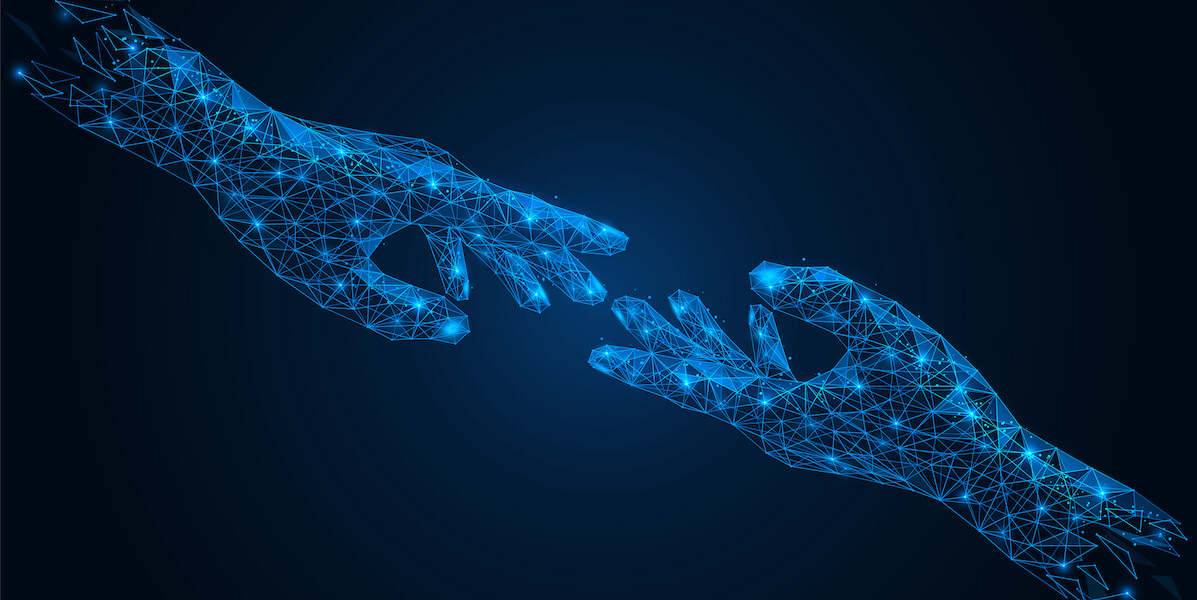With temperatures on the rise, research and innovation continue to follow suit. From research focused on extreme weather concerns impacting water safety to research that can potentially increase COVID booster vaccination rates, innovation was on the rise in the month of July. There’s no wonder why USC is considered one of the nation’s top universities.
Below is a compilation of the USC news and research that has been released in July:
- Why concerns about extreme weather are more important for concerns about water safety than concerns about climate change: USC researchers suggest new communication strategies to tackle climate-related water issues.
- The internet has a dark side, but can we teach machines how to identify it?: Researchers at the USC Information Sciences Institute (ISI) are developing technology that can detect logical facilities in AI and classify hate speech in internet memes.
- 10 USC Stem Cell doctoral students and recent graduates earn NIH fellowships: The prestigious National Institutes of Health (NIH) awards promising doctoral students with mentored research training with the long-term goal of developing productive, independent research scientists.
- USC to lead interdisciplinary project to predict psychological health risk factors: USC Viterbi’s Shri Narayanan will bring together an interdisciplinary team of USC and UCLA researchers to work on the mental health project.
- The challenge of understanding global events in every language: Researchers at USC ISI have developed a method to extract event information from large amounts of foreign language text.
- The high cost – financial and environmental – of keeping cool: The warming planet makes the ability to cool the air a growing necessity, but as people look for more sustainable and equitable alternatives to A/C, ancient cooling approaches beckon us to learn lessons from the past.
- Studying Solar Flares, Sunspots and other Activity Can Help Protect Earth: Solar flares are relatively rare, but can have a huge impact on people’s lives. USC Dornsife physicist Edward Rhodes explains how the Earth’s future is tied to the star of its orbits.
- For dogs with arthritis, pet pain relief effort could be a game-changer: A USC-backed startup aims to slow down aging and arthritis in dogs. Osteoarthritis occurs in a quarter of our canine companions.
- With Global Digital Divide Growing, Beamlink Focuses on Infrastructure: USC Marshall graduate Mateo Abascal pursues equitable internet access with cell towers the size of lunchboxes.
- There’s an easy way to increase rates of COVID booster vaccinations: USC research finds that the answer to getting more shots into arms is just a text message or email away.
- Getting to Sustainable: How to Help People Make Better Energy Choice: Individual attitudes toward renewable energy and climate change are based on myriad psychological factors that range from the straightforward to the obscure.
- Historical objects come to life, thanks to virtual and augmented reality: USC Dornsife faculty are using VR and AR to provide unprecedented, close-up interaction with the past.
- Why doctors who are using ChatGPT are unknowingly violating HIPAA: USC Price’s Genevieve Kanter explains the privacy risks that clinicians are taking when they use AI chatbots.
- Researchers confront challenges of protecting space computers from radiation: Scientists at the USC ISI are developing software that will make future space computing more reliable by adapting to mission needs.
- Oil Is for Fossils: The Future of Energy Lies in Nature’s Other Power Sources: USC Dornsife researchers are looking to nature to inspire scientific solutions and provide green, reliable energy to meet global needs.
All of the above stories can be found on the USC News website, which also showcases stories and research done in the fields of arts, business, health, and so many more.
Photo by iStock and USC Viterbi.
